Network operators and state management agencies are ready to shut down 2G services, even though there are currently more than 15 million active 2G subscribers.
In addition to policies to support people, the participation of the whole society, state management agencies, businesses, etc. is needed to promote the smooth shutdown of 2G waves.
Ensure customer rights
Mr. Nguyen Trong Tinh, Deputy General Director of Viettel Telecom, said that turning off 2G waves is a correct policy, in line with the trend and wishes of network operators and the needs of customers and society in the current period. Viettel Group has taken many measures to promote the transition from 2G to 4G network 4 years ago, such as covering 4G for customer areas (including remote areas, border areas, islands), bringing 4G service prices down to very low levels, approaching and even lower than 2G service prices to suit customers' needs and affordability. This network also supports users with a policy of reducing terminal device prices.
According to Mr. Nguyen Phuc Khanh, Deputy Head of Technology Department of VNPT Group, since 2015, when 2G network accounted for about 60% of network traffic, VNPT has developed a plan to turn off 2G waves.
Over the past 2 years, VNPT Group has proactively turned off individual stations that do not generate or generate very little traffic. To do this, VNPT Group has combined both technical activities and propaganda for subscribers in the area and turned off about 10% of 2G individual stations; developed plans and solutions to convert all subscribers and 2G devices by September 2024 according to the direction and orientation of the Ministry of Information and Communications. At the same time, there are specific scenarios for customer groups such as loyal customers, the elderly, users in rural and island areas; both ensuring quality and service for customers and supporting the conversion of devices to smartphones using 4G networks, promoting digital transformation.
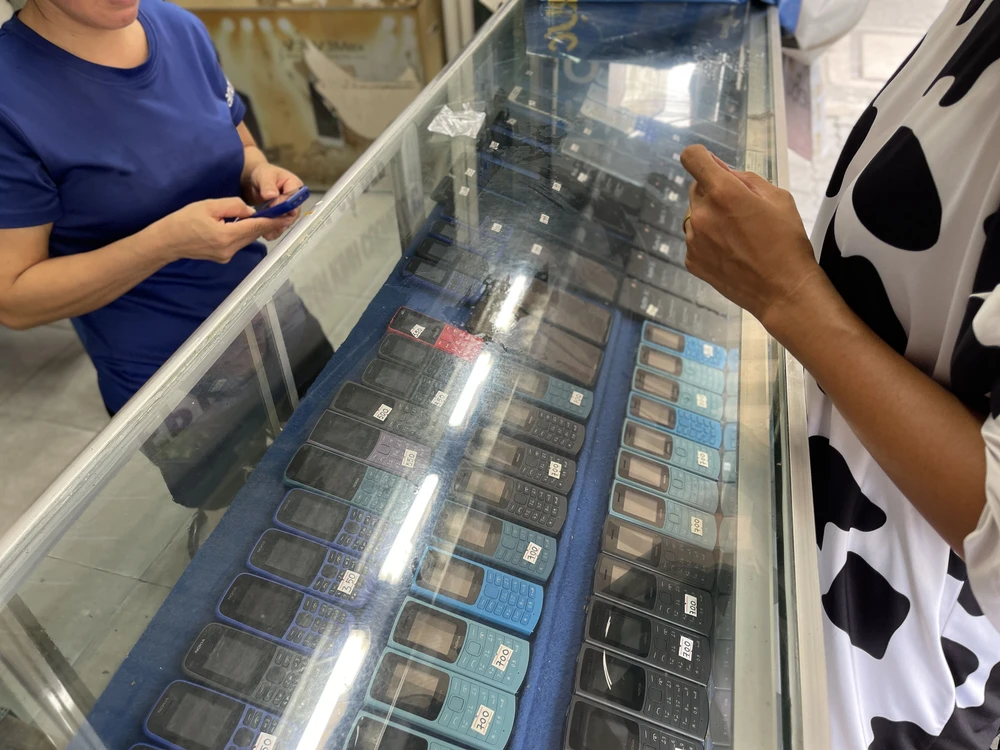
Meanwhile, MobiFone's representative, Mr. Le Mai Son, Deputy Head of Communications Department, said that this network fully supports the policy of turning off 2G waves; switching customers using 2G networks to 4G, 5G to optimize frequency, infrastructure, and deploy more digital services. Recently, MobiFone has turned off 2G waves in areas with low traffic. Before turning off, this network had a plan to assess the impact on people, the implementation was carried out according to a specific roadmap. When switching from 2G to 4G networks, users need time to switch, creating new usage habits. Therefore, MobiFone has designed mobile internet packages with diverse forms to train the market, introducing new features to customers.
Support for synchronous conversion
Ms. Vu Thu Hien, Head of the Frequency Policy and Planning Department (Radio Frequency Department, Ministry of Information and Communications), said that the Ministry of Information and Communications has notified telecommunications enterprises that by September 2024, there will be no more 2G subscribers on Vietnam's mobile network. However, the Ministry of Information and Communications will consider re-issuing licenses for enterprises for another 2 years on the 900 MHz band to provide voice services on the 2G platform for 3G, 4G non-VoLTE subscribers. This is because many early 3G, 4G smartphone subscribers have not yet integrated VoLTE (the feature of exchanging via the 4G platform). Therefore, these subscribers will use voice services via the 2G, 3G platform until September 2026. After September 2026, the 900 MHz band will be considered for re-planning by the Ministry of Information and Communications.
Regarding solutions and policies to shut down 2G waves, Mr. Nguyen Phong Nha, Deputy Director of the Department of Telecommunications, Ministry of Information and Communications, shared that since 2020, network operators have calculated and agreed to the policy of stopping 2G technology, but in fact, units of the Ministry of Information and Communications have proposed policies to the ministry's leaders since 2016, when granting 4G licenses. At that time, all licenses granted to businesses were proposed to expire in September 2024.
“We have been testing 5G technology since 2019 and now the network operators are ready for 5G. On the other hand, a network operator cannot exist on 2G, 3G, 4G and 5G at the same time; it is very costly to exploit, maintain and operate. The policy of turning off 2G waves has achieved high consensus. If 2G and 3G waves are turned off, only 4G technology will remain on the network. At that time, the network operator's telecommunications infrastructure will be used for 5G, and at the same time, there will be an opportunity to exploit 6G by 2030, when this technology is mature,” Mr. Nha analyzed.
According to Mr. Nguyen Phong Nha, on the national network system, there are currently more than 15 million active 2G subscribers. The Public Telecommunications Service Fund (Ministry of Information and Communications) will sponsor 400,000 telephones to support priority subjects such as remote areas, those with especially difficult circumstances in converting to new technology. The Ministry of Information and Communications also coordinates with local authorities, mobilizing social support resources to help people under policies to be able to convert to 4G technology in a synchronous manner.
TRAN LUU
Source


![[Photo] Vietnam and Brazil sign cooperation agreements in many important fields](https://vstatic.vietnam.vn/vietnam/resource/IMAGE/2025/3/28/a5603b27b5a54c00b9fdfca46720b47e)

![[Photo] General Secretary To Lam receives Brazilian President Luiz Inácio Lula da Silva](https://vstatic.vietnam.vn/vietnam/resource/IMAGE/2025/3/28/7063dab9a0534269815360df80a9179e)
![[Photo] Prime Minister Pham Minh Chinh meets with Brazilian President Luiz Inacio Lula da Silva](https://vstatic.vietnam.vn/vietnam/resource/IMAGE/2025/3/28/41f753a7a79044e3aafdae226fbf213b)

![[Photo] Helicopters and fighter jets practice in the sky of Ho Chi Minh City](https://vstatic.vietnam.vn/vietnam/resource/IMAGE/2025/3/28/3a610b9f4d464757995cac72c28aa9c6)

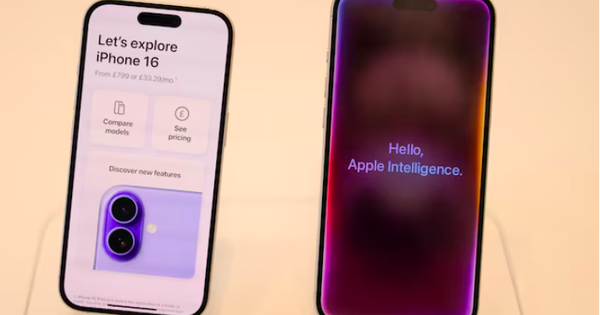

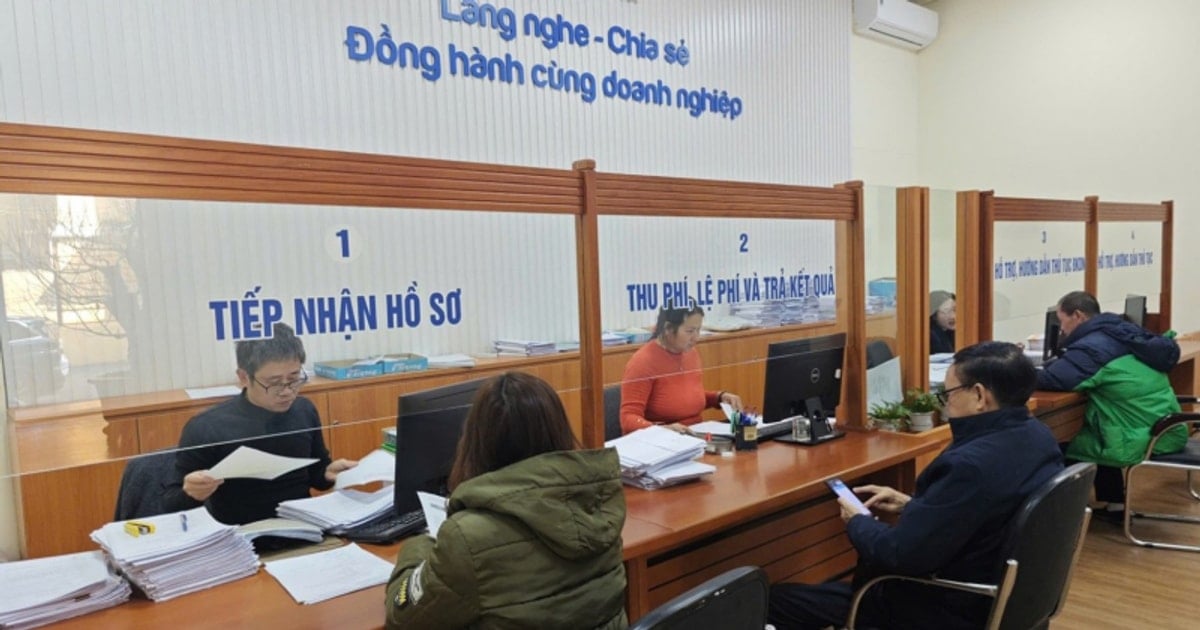












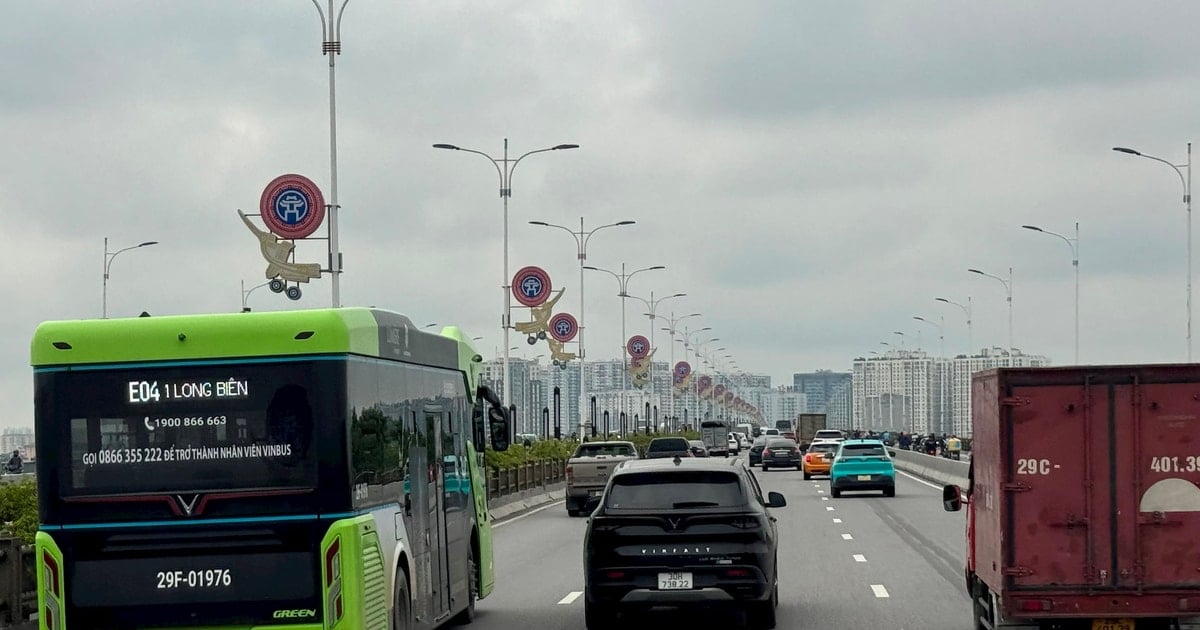







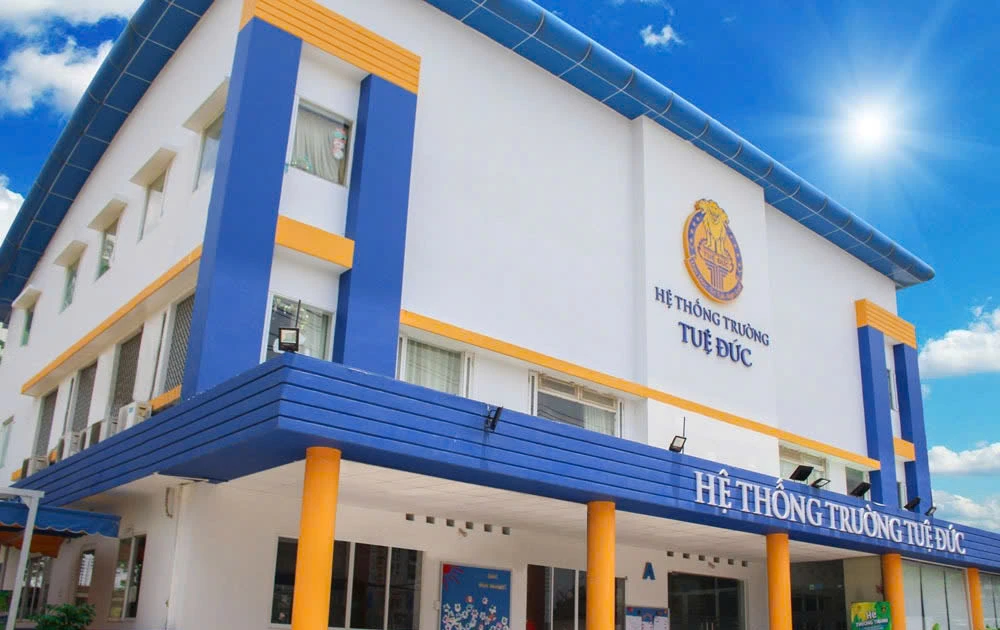































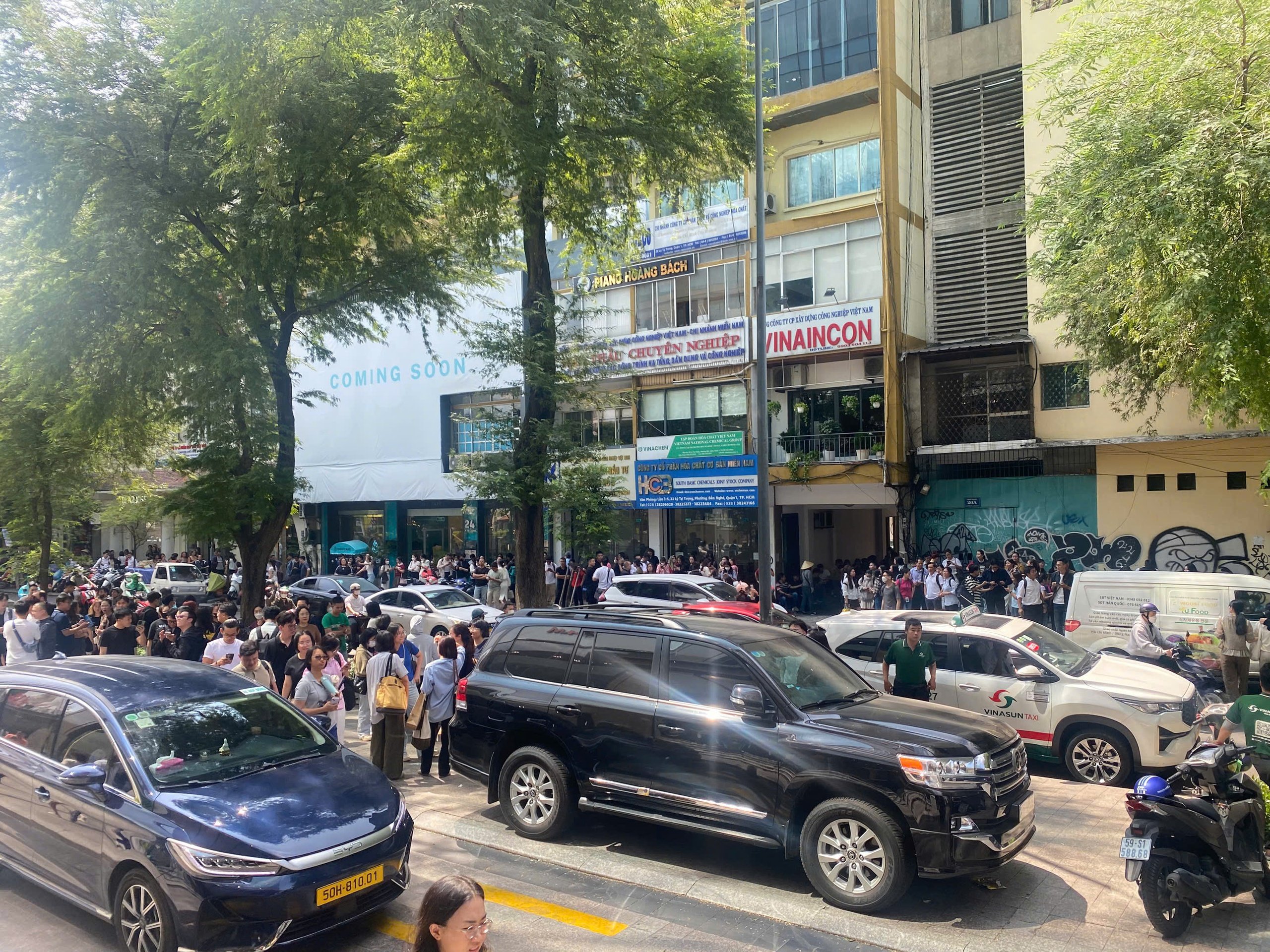




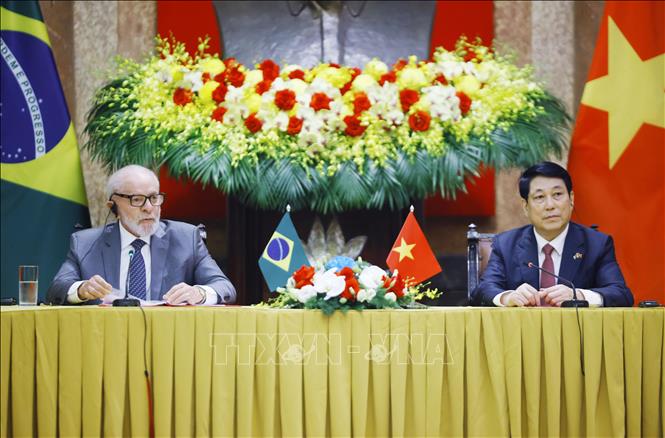





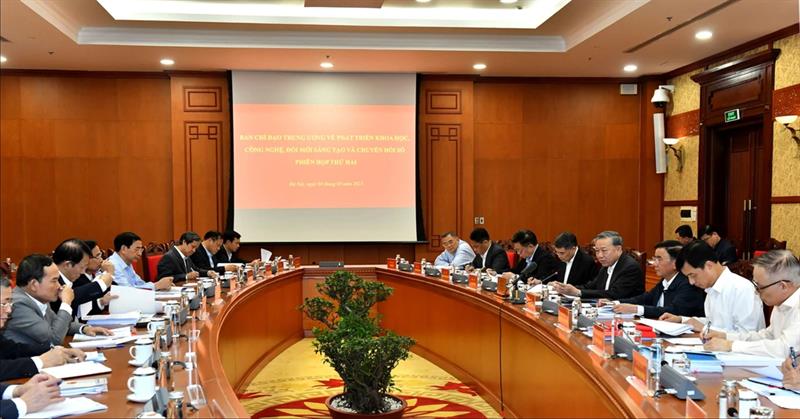











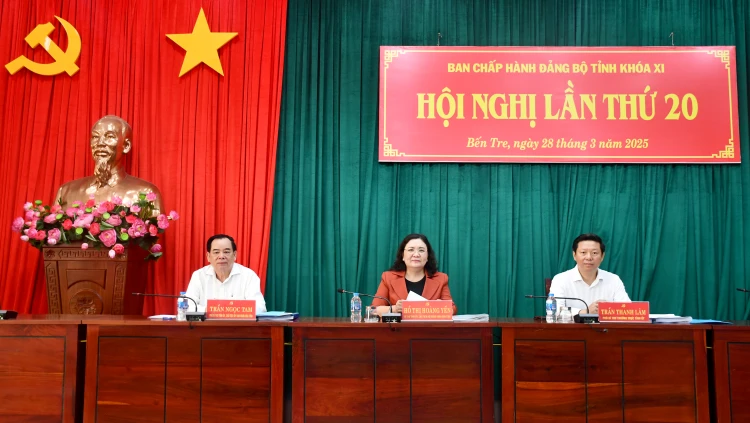










Comment (0)